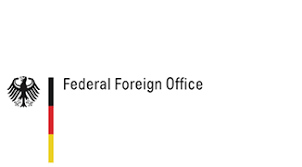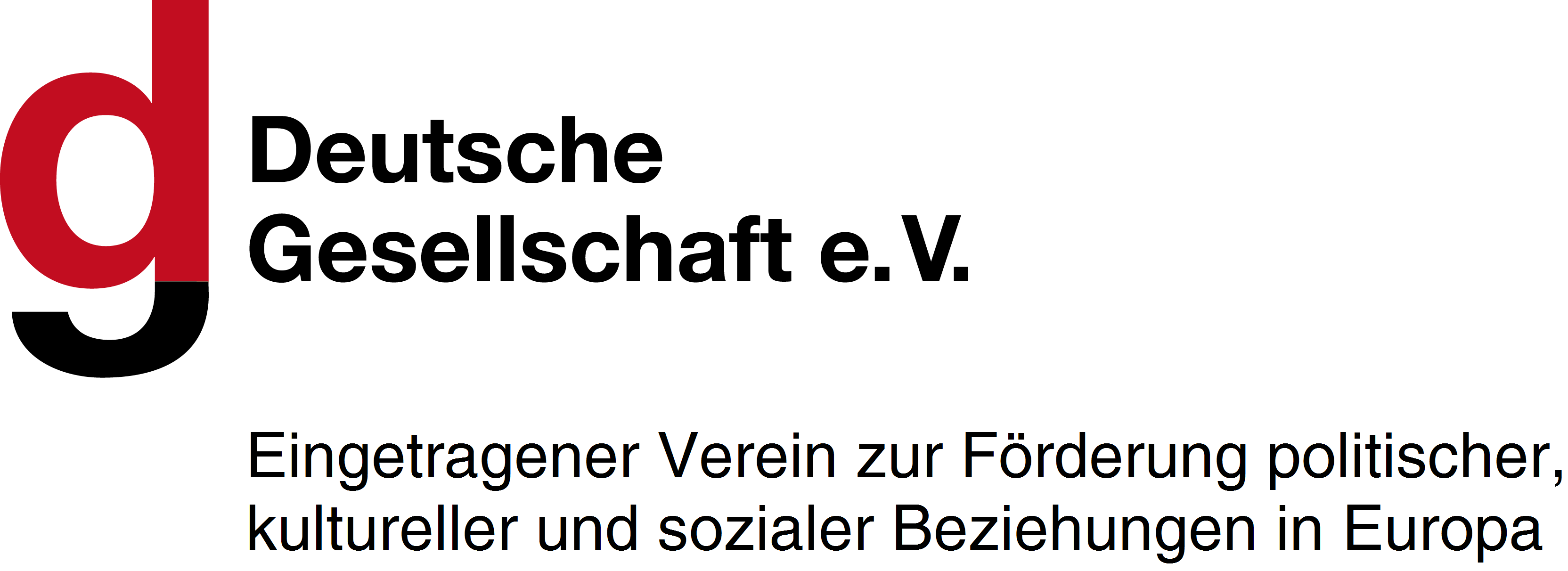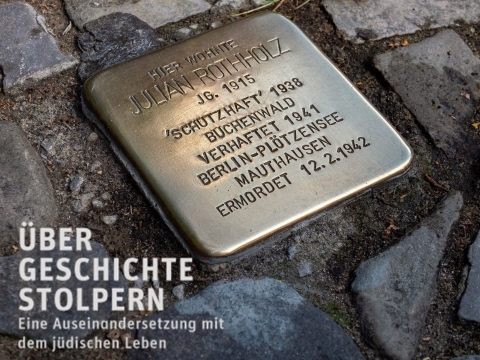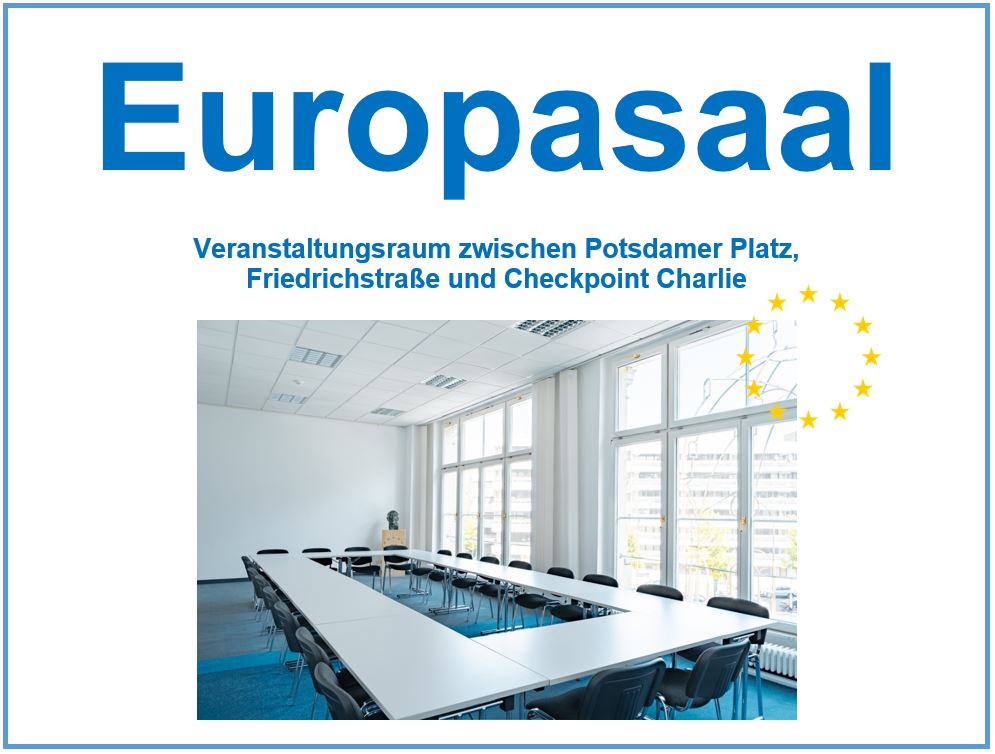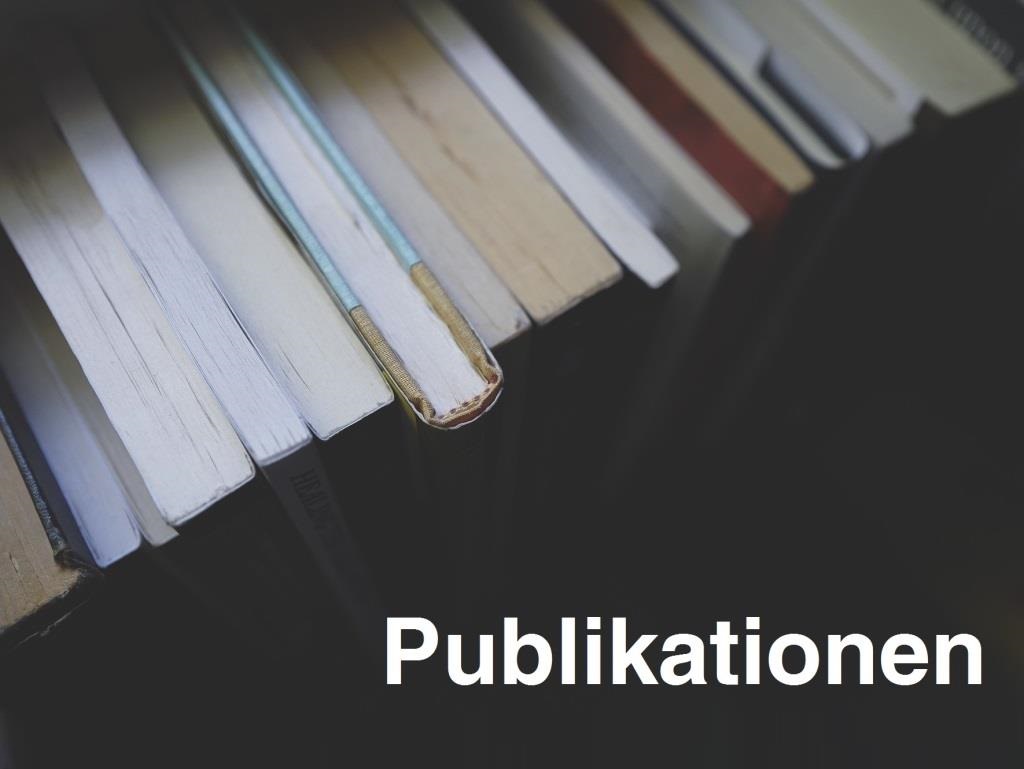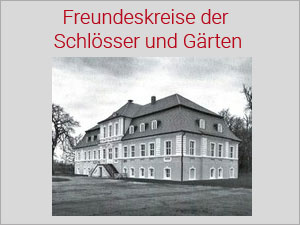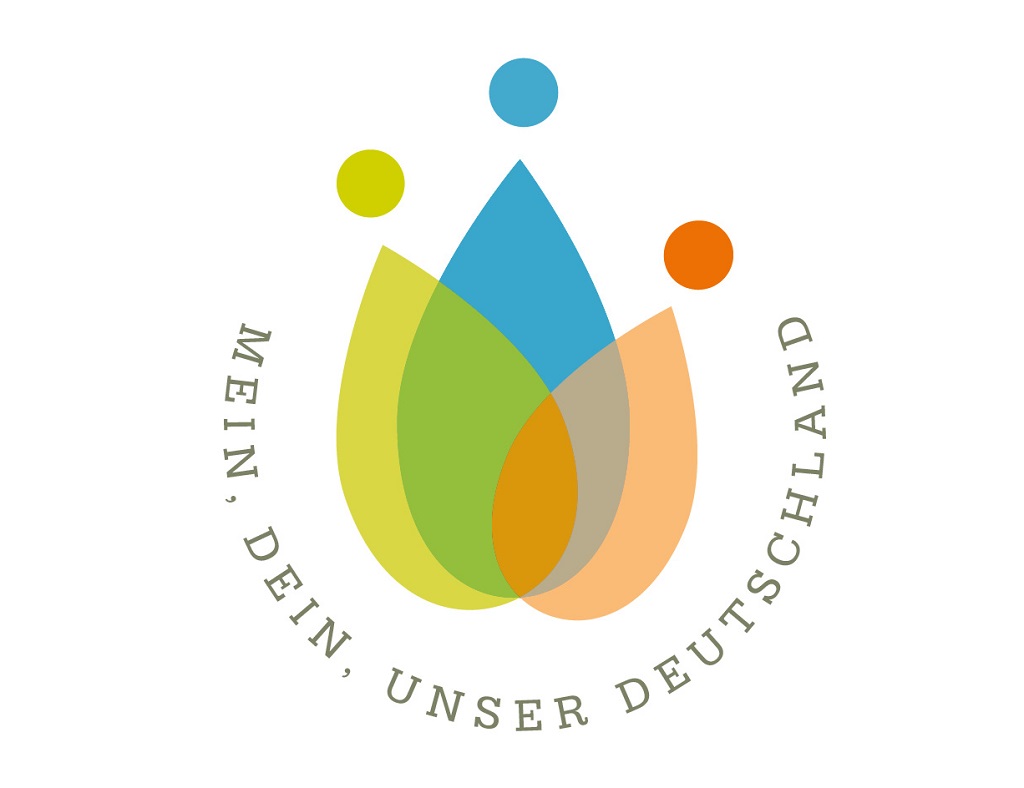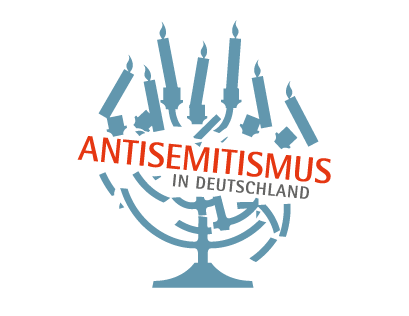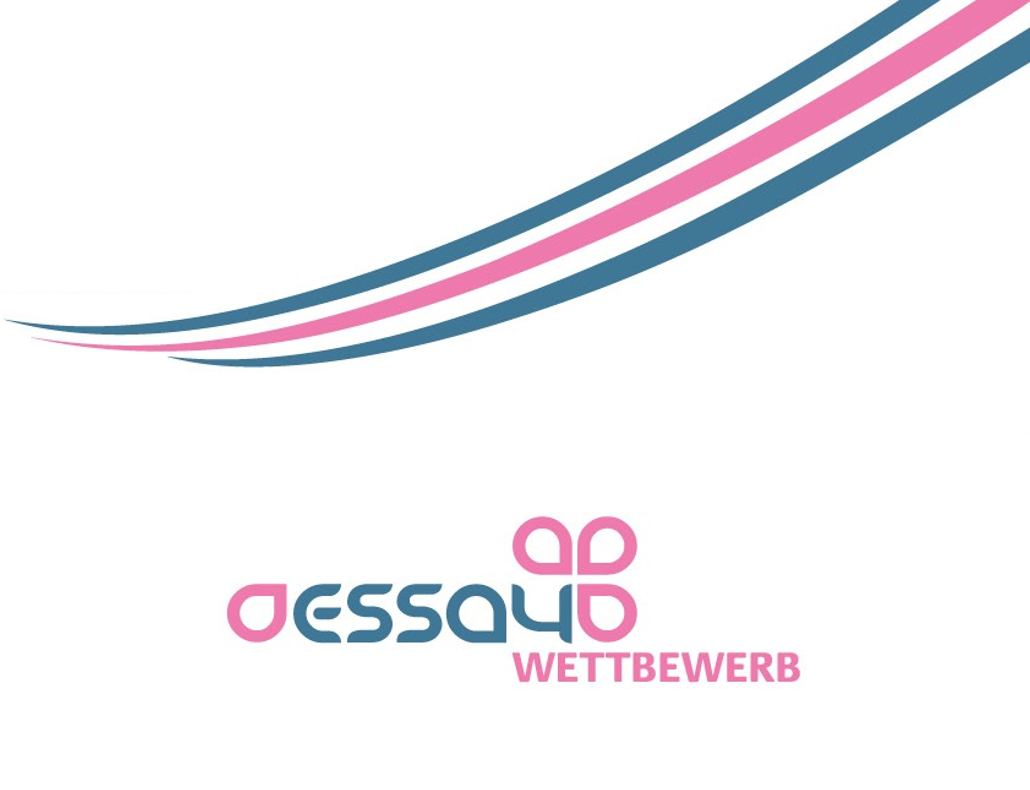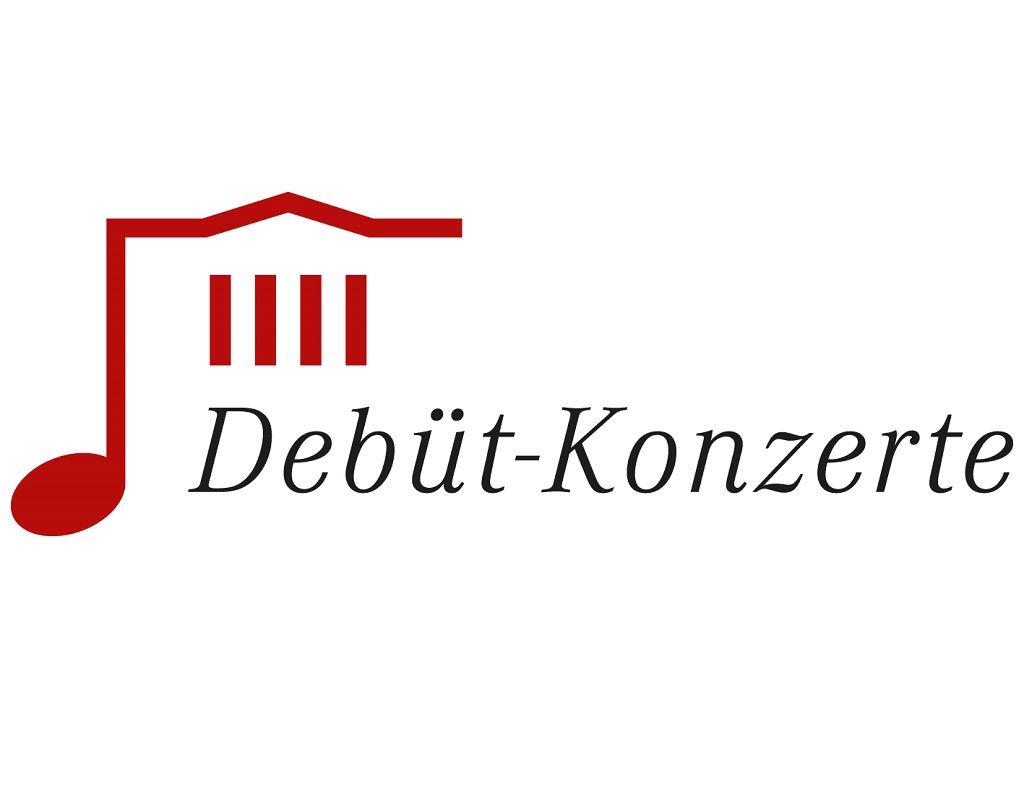German-Armenian exchange program for journalists
Correspondents in Conflicts
How do journalists deal responsibly with reporting on war in a society traumatised by it, whilst forearming themselves against instrumentalisation and targeted disinformation? Two research trips to Yerevan and Berlin invite journalists to not just conduct on-site research, and exchange information on experiences with colleagues, but also to participate in workshops. The research results attract extensive media coverage and also include experiences from other crisis regions in the Eastern Partnership countries.
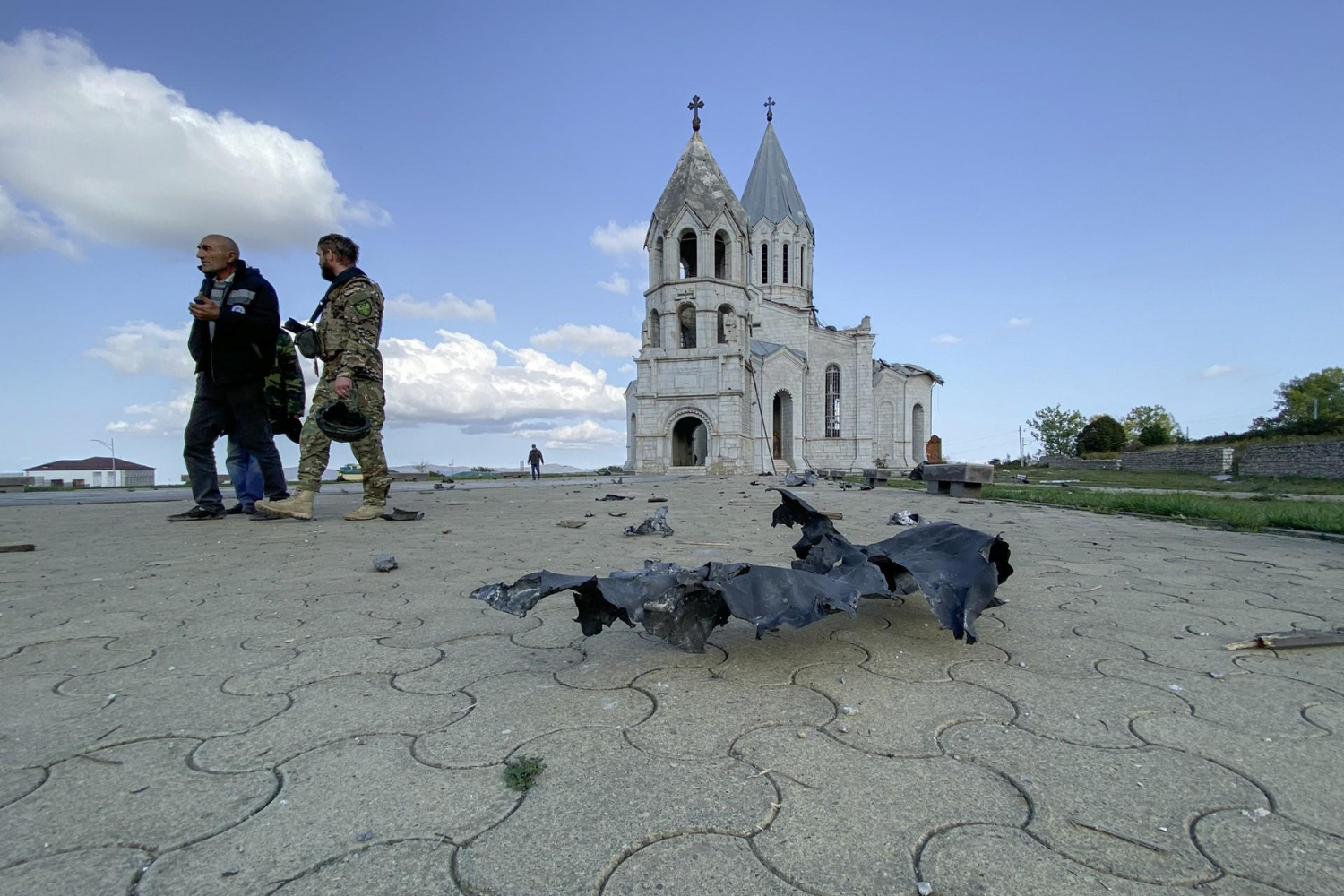 Background
Background
The events of September 2023 in Nagorno-Karabakh have further escalated the already tense situation in Armenia. Azerbaijan has taken complete control of Nagorno-Karabakh, forcing over 100,000 people to flee to the Armenian heartland. The humanitarian situation for the affected people is dire, with a return to their homes nearly impossible. Important buildings and sites of Armenian cultural heritage are under threat. Since the events, protests against the government of Pashinyan have become a daily occurrence in Armenia, and a further increasing of social, political, and economic instability is highly likely.
As a result, the security situation in Armenia in the Southern Caucasus, under the influence of Azerbaijan, Turkey, and Iran, has further deteriorated. Trust, especially towards Russia, which long served as the ‚protector‘ of the Armenian population in Nagorno-Karabakh, has been shattered. Simultaneously, Russia, as Armenia's primary economic and strategic partner, has largely withdrawn support from Pashinyan's government. The European Union and Germany have expressed early solidarity with Armenia and support the country in its ongoing development and negotiations for sustainable peace and stability in the region.
Armenia faces a challenging path, requiring resilience in its young democracy, commitment to human rights, and preservation of press freedom amid internal instability and persistent external threats.
We would like to address these topics within the scope of the project and, in so doing, meet the demand for the project results to be exemplary and transferable by also including the experiences of journalists and NGOs from other Eastern Partnership countries affected by war and ‘frozen conflicts’, especially Ukraine and Georgia; the project results to then be discussed with selected media representatives from these countries, too.
Realisation and Target Groups
The project is directed at journalists from Germany and Armenia and, due to the opportunity for hybrid implementation, at journalists and media NGOs from other Eastern Partnership countries, too. When selecting the participants, we place great importance on gender equality and particularly consider representatives of local journalism. Within the scope of two research trips to Yerevan and Berlin, we invite the journalists to participate in workshops, formats of collegial exchanges of experiences, and expert discussions. In joint research teams, the journalists will explore the aforementioned questions and develop their own topic-related on-site research. The German participants will have the opportunity to learn about experiences of war reporting in Armenia, and to contribute to the visibility of the topic, and the target country of Armenia, in prominent German-language media by publishing their contributions. In Berlin, the Armenian journalists will have the opportunity to meet experts and war reporters from Germany, and to conduct interviews with media representatives from other European Partnership countries. The workshops will focus on how to deal with targeted misinformation and how to verify journalistic sources.
Offer for German journalists - application deadline until June 16, 2024 - you will find the current announcement here.
The trip to Yerevan/ Armenia (for German journalists) will take place from 01.10.-08.10.2024. The application should be handed in until June 16, 2024 and should include a letter of motivation, a curriculum vitae, and an outline of the research project (the latter no more than one page). Participants are required to publish at least one research result on the Yervan Press Club site. The program language is English.
Travel, accommodation (in double bed rooms) and program costs will be covered. Costs for international health insurance and food costs have to be covered by the participants. Travel costs will be covered from Dortmund Airport. Please make sure that your travel passport is valid for at least 6 months. It cannot be entirely ruled out that the travel period may change due to changes made by the airline even after our selection process has been completed.
We appreciate your interest and look forward to working with you.
Contact person:
Sebastian Rösner
Department EU & Europe
» E-Mail schreiben
Partners:

Supported by:
